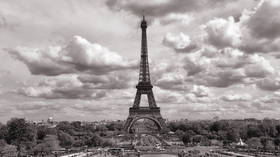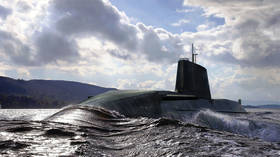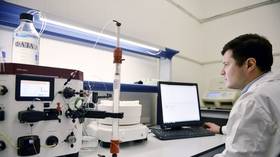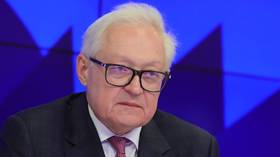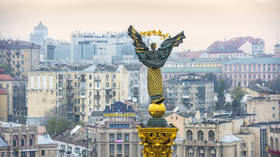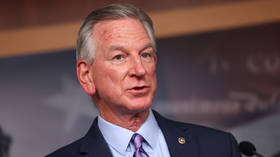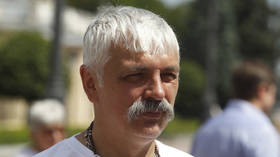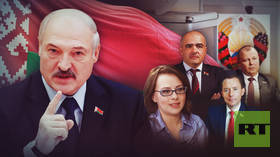Recession in US and EU ‘more likely than not’ – analyst
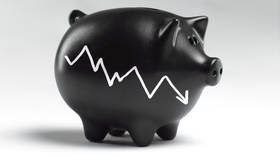
The US will “more likely than not” fall into recession within the next 12 months, Reuters reported on Thursday, citing Andrew Balls, CIO of US-based investment management firm PIMCO.
“A recession is not the only important thing. You’re clearly going to see a significant growth slowdown,” Balls said at a press webinar, noting that the US Federal Reserve, along with many other central banks, is focused on battling inflation and not on economic growth.
“The inflation profile in the short term is very important. Central banks are focused on inflation credibility,” he said.
Balls noted that he considers recession probability in the US in the coming year at close to 50%. Europe should also expect a recession, but the probability of this scenario there is even higher than in the US, Balls warned.
“In the European case I think they will hike [interest rates] as they’ve laid out this year and get to positive rates, but it’s really not clear that they get as far as the market is pricing in,” he stated. Still, according to the CIO, the European Central Bank is likely to hike the rate to 0.75%-1%, “which will be a lot, given the negative starting point.” The ECB is expected to decide whether to raise rates for the first time in more than 11 years at the next policy meeting on July 21, in an attempt to rein in soaring prices.
Recession is a period of economic decline, when trade and industrial activity drop, which gradually leads to a fall in GDP. It may result from regulatory actions that focus on battling inflation instead of stimulating economic growth, for instance with rate hikes. Since the start of the year, many nations, including the US and most European countries, have been fighting soaring prices propelled by the Ukraine crisis and anti-Russia sanctions. And now more and more analysts warn that by prioritizing the fight against inflation over growth, these countries will inevitably find their economic growth slowing.
For more stories on economy & finance visit RT's business section
